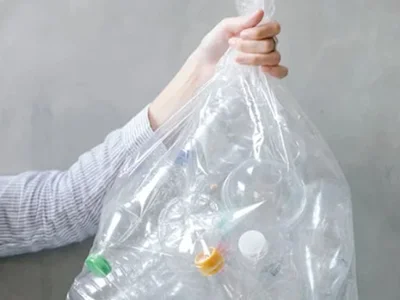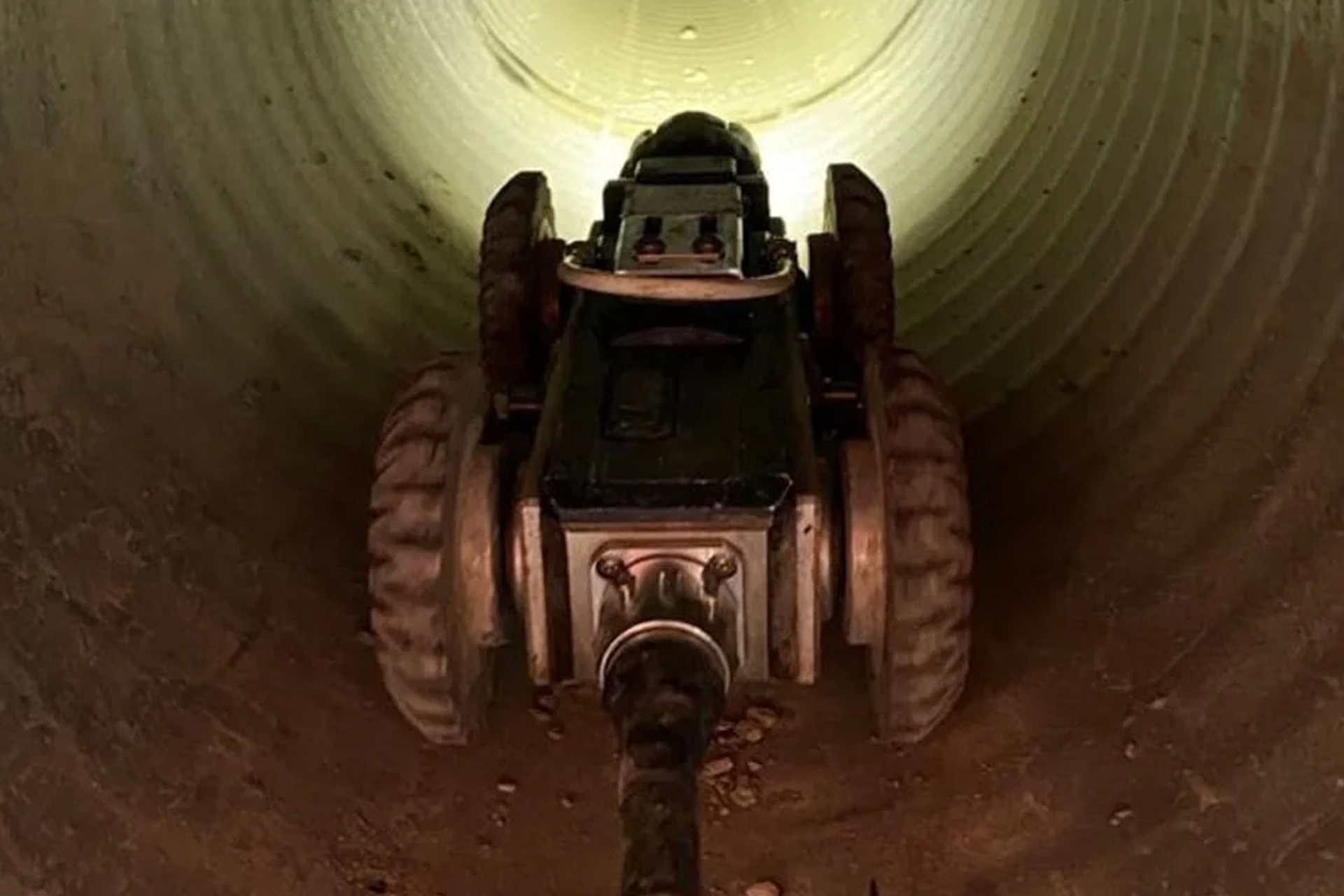The Main Principles Of Reclaim Waste
The Main Principles Of Reclaim Waste
Blog Article
What Does Reclaim Waste Do?
Table of Contents5 Simple Techniques For Reclaim WasteThe Of Reclaim WasteGetting My Reclaim Waste To WorkThe smart Trick of Reclaim Waste That Nobody is DiscussingReclaim Waste Fundamentals Explained
Residential sewage waste refers to the waste and items from a property septic container. The correct management and disposal of domestic sewer waste require liquid waste to be moved to a sewage treatment plant where the correct techniques and equipment are used to cleanse and dispose of waste.
Business waste typically consists of possible threats, such as flammable products or a blend of fluid and strong waste products, and needs an advanced and comprehensive disposal procedure. The disposal of commercial waste normally includes the filtration of waste before transport to make sure safe and proper disposal. Hazardous waste is developed from results and runoff of industrial procedures and manufacturing.
This sort of waste can not utilize the same sewer administration transport or processes as septic or commercial liquids. The commercial waste management procedure calls for the assessment and testing of fluid waste prior to it undertakes the disposal process (liquid waste disposal). Runoff waste is the liquid waste that originates from overflow and excess stormwater in highly booming areas or cities
Overflow waste can cause contamination and flooding otherwise dealt with appropriately. Find out more concerning drain cleaning and waste administration. Making certain appropriate waste monitoring can avoid catastrophes and lower ecological injury. Both individuals in property setups and professionals in business or manufacturing industries can take advantage of recognizing the procedures and regulations of fluid waste management.
The Definitive Guide for Reclaim Waste
Call PROS Solutions today to find out about our waste management and disposal services and the proper methods to look after the fluid waste you create.
(https://profile.hatena.ne.jp/reclaimwaste1/)Do you recognize what happens to your water when you end, purge the commode or drain the cleaning maker? No? Well, it's worth understanding. This so-called 'wastewater' is not just a vital source but, after treatment, will certainly be released to our land, waterways or the ocean. Used water from toilets, showers, baths, kitchen area sinks, laundries and industrial processes is referred to as wastewater.

water used to cool equipment or tidy plant and equipment). Stormwater, a type of wastewater, is runoff that streams from farming and metropolitan locations such as roofing systems, parks, gardens, roads, paths and gutters into stormwater drains pipes, after rainfall. Stormwater moves unattended straight to neighborhood creeks or rivers, eventually getting to the sea.
The Greatest Guide To Reclaim Waste
In Queensland, a lot of wastewater is treated at sewage treatment plants. Wastewater is transported from residential or industrial sites via a system of sewage systems and pump terminals, understood as sewerage reticulation, to a sewage therapy plant.
The Division of Natural Resources suggests neighborhood federal governments regarding managing, operating and keeping sewage systems and treatment plants. In unsewered areas, city governments might need owners to set up individual or household sewer treatment systems to treat residential wastewater from bathrooms, kitchen areas, shower rooms and laundries. The Division of Natural Resources authorizes using home systems when they are shown to be effective.
In some new communities, treatment of some stormwater to get rid of litter, sand and crushed rock has actually begun making use of gross pollutant catches. Wastewater therapy happens in 4 phases: Eliminates strong matter.
Utilizes little living her latest blog organisms recognizes as micro-organisms to break down and remove staying dissolved wastes and great fragments. Micro-organisms and wastes are integrated in the sludge.
8 Simple Techniques For Reclaim Waste
Nutrient removal is not readily available at all sewage therapy plants since it calls for costly specialized devices. Clear liquid effluent produced after therapy might still include disease-causing micro-organisms - liquid waste disposal melbourne.

Many wastewater streams right into the sewage system. Under the Act, local federal governments provide approvals and licences for ecologically relevant activities (Periods) including wastewater launches that might have a neighborhood impact.
Reclaim Waste Fundamentals Explained
Tracking provides accurate information regarding water top quality and can verify that permit problems are being fulfilled. The details gotten via surveillance provides the basis for making water quality decisions.
Report this page